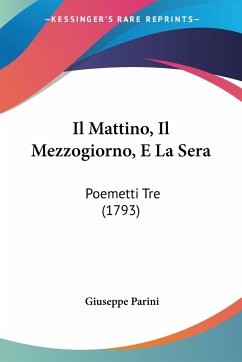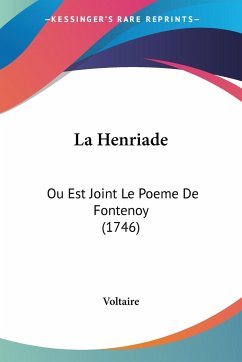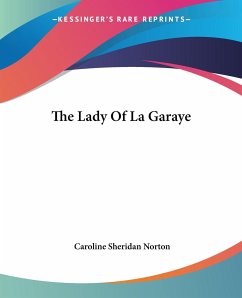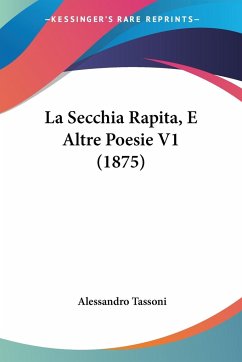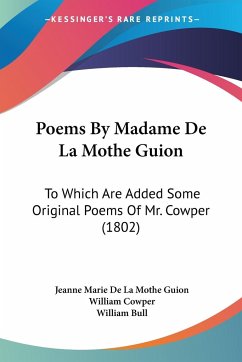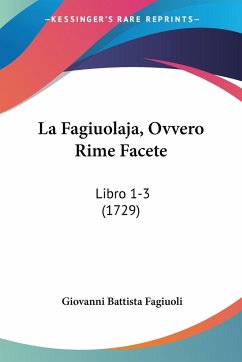La Saisiaz: The Two Poets of Croisic is a book written by Robert Browning and was published in 1878. The book is a long poem that tells the story of two poets who meet in the French town of Croisic. The first poet is a skeptic who questions the existence of God, while the second poet is a believer who has faith in God. The two poets engage in a philosophical debate about the nature of God and the meaning of life. The book is divided into six parts, each of which explores different aspects of the debate between the two poets. The first part introduces the two poets and sets the stage for their conversation. The second part explores the skeptic's views on God and religion, while the third part presents the believer's arguments in favor of God's existence. The fourth part of the book is a dialogue between the two poets, where they exchange their views and try to convince each other of their respective beliefs. The fifth part is a meditation on death and the afterlife, while the final part of the book concludes with the skeptic's decision to continue questioning the existence of God, while the believer reaffirms his faith in God.Overall, La Saisiaz: The Two Poets of Croisic is a philosophical work that explores the nature of God, religion, and the meaning of life. It is a complex and thought-provoking book that challenges readers to question their own beliefs and assumptions about the world.This scarce antiquarian book is a facsimile reprint of the old original and may contain some imperfections such as library marks and notations. Because we believe this work is culturally important, we have made it available as part of our commitment for protecting, preserving, and promoting the world's literature in affordable, high quality, modern editions, that are true to their original work.
Hinweis: Dieser Artikel kann nur an eine deutsche Lieferadresse ausgeliefert werden.
Hinweis: Dieser Artikel kann nur an eine deutsche Lieferadresse ausgeliefert werden.



